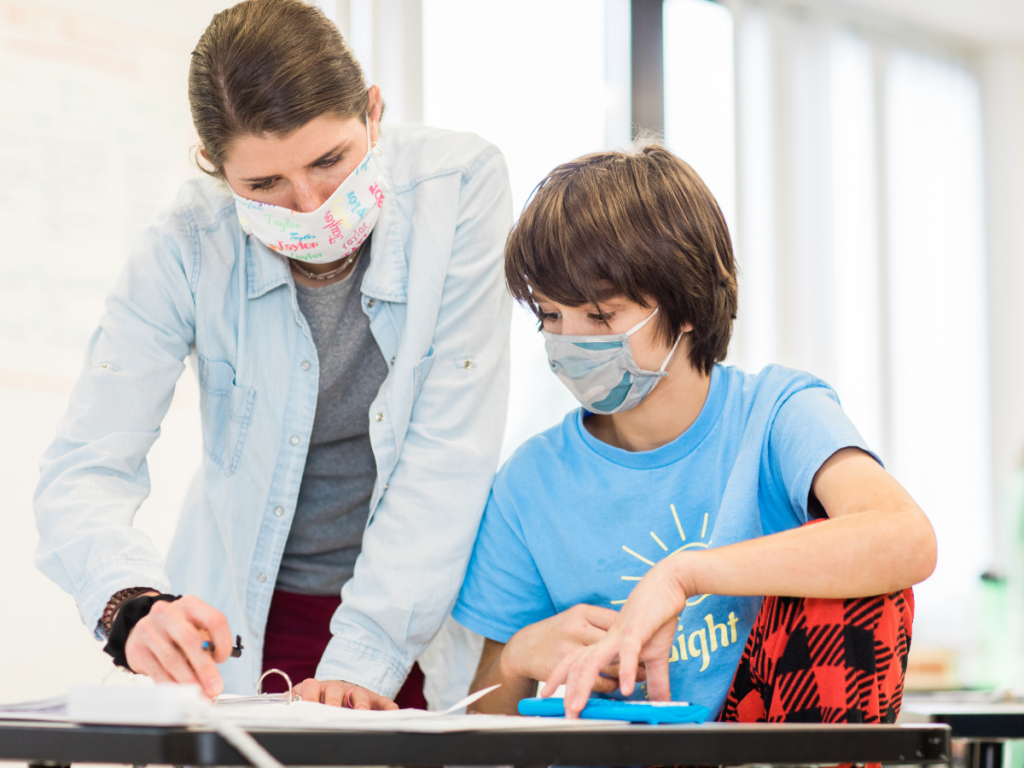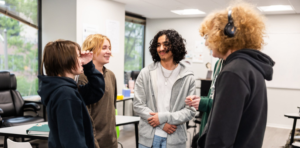What Do We Want Our Children to Get Out of School?

What do parents want their children to learn in school?
- To learn specific academic content?
- To be an independent learner?
- To be compliant (e.g., follow directions and rules)?
- To successfully navigate peer and adult relationships (e.g., social skills)?
- To cultivate a range of study skills, which work for them?
In an article What Do Parents Want from School? (Edutopia), they polled parents and found that a common theme was that parents want their kids to be prepared for life after high school.
When I interview parents, I ask them what they are looking for in a school. Parents typically say, “I want the teachers to really get my kid and understand how they learn best.” They are usually looking for small classes and individualized instruction. Many speak about how their child used to love school and now they feel like their child’s interest is fading. They want to see that spark again — that love of learning return. I also ask them what they want their child’s school experience to be like. Most parents agree that they want their children to be happy, to have friends, to enjoy school, and to learn; they want their children to be safe, happy, and learning.
When I interview prospective students, I ask them to describe their dream school. Most students love the idea of no homework and self-paced learning. They often talk about having a place where they can learn and not be distracted by drama or behavior issues. Many also talk about being stressed out at school. They like the idea of being able to learn without the pressure of tests or grades, and most are looking for small classes. They also want to have friends; friends are important.
As an educator, I ask myself, how can we address the needs and desires of both parents and students? What should staff prioritize? What should we be teaching and how should we be teaching it? My answers, which we’ve incorporated into our approach at The Sycamore School, are:
Social-Emotional Learning: The old school model was all about academics and content; school was for learning content. However, a newer school model recognizes that many students, for a variety of reasons, aren’t present and available for learning in their classes. We have many students who have anxiety; other students struggle with attention, organization, and prioritizing tasks. Still, other students may struggle with specific skills, such as reading comprehension, writing, or problem-solving. So, we have come to realize that building in social-emotional learning helps students cope with their barriers to learning and makes them better students.
Universal Design for Learning: We’ve also come to realize that one type of teaching does not serve all students. The old-school lecture format may work for children who have a good attention span and are auditory learners. However, for everyone else, adding visual aids and hands-on learning opportunities can really enhance their learning.
Self-paced Learning: Another factor is pace. In the public school model, the teacher is teaching at a pace that hopefully is a good fit for most of the students. However, the reality is that some students get bored because the pace is too slow and other students get left behind because the pace is too fast.
Skill Building: In order to prepare students for life after high school, we need to build students’ soft skills. These are skills such as effective communication, problem-solving, critical thinking, time management, cognitive flexibility, perspective-taking, and creativity.
What do you want for your child? What do they want for themselves? Learn more about The Sycamore School at an upcoming virtual information session.

